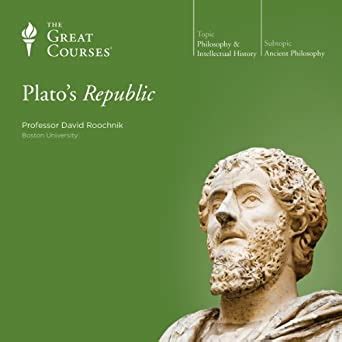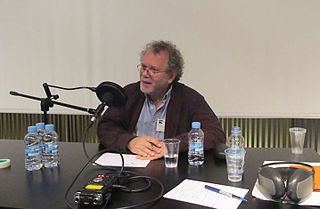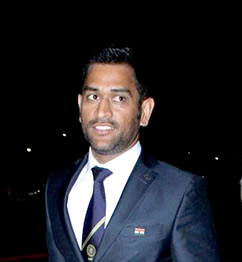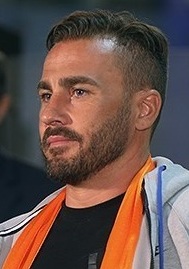A Quote by David Roochnik
Even before Plato, techne was conceived as knowledge of a determinate field that could be mastered by "the expert". Such a person becomes an authority to whom laypersons should, in their dealings with that field, defer. Techne typically results in a useful result.
Related Quotes
It is exceptional that one should be able to acquire the understanding of a process without having previously acquired a deep familiarity with running it, with using it, before one has assimilated it in an instinctive and empirical way... Thus any discussion of the nature of intellectual effort in any field is difficult, unless it presupposes an easy, routine familiarity with that field. In mathematics this limitation becomes very severe.
What constitutes a good manager in this field? He must be knowledgeable in the art with which he is concerned, an impresario, labor negotiator, diplomat, educator, publicity and public relations expert, politician, skilled businessman, a social sophisticate, a servant of the community, a tireless leader - becomingly humble before authority - a teacher, a tyrant, and a continuing student of the arts.
The genius of the Word of God is that it has staying power; it can stand up to repeated exposure. In fact, that's why it is unlike any other book. You may be an expert in a given field. If you read a book in that field two or three times you've got it. But that's never true of the Bible. Read it over and over again, and you'll see things that you've never seen before.
Knowledge is indivisible. When people grow wise in one direction, they are sure to make it easier for themselves to grow wise in other directions as well. On the other hand, when they split up knowledge, concentrate on their own field, and scorn and ignore other fields, they grow less wise - even in their own field.

































